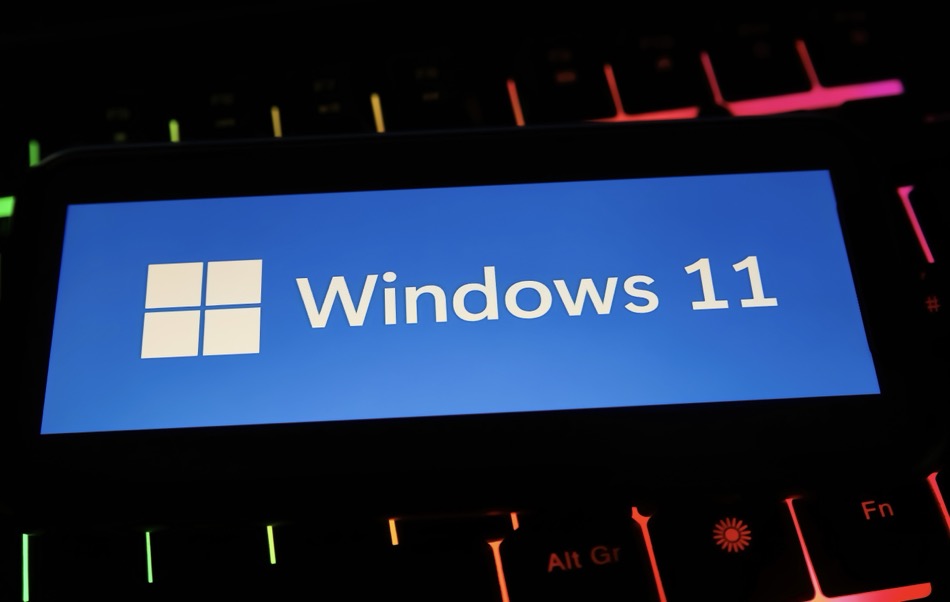
Microsoft has acknowledged a critical issue affecting the Auto HDR feature on devices running Windows 11 version 24H2. The feature, designed to enhance gaming visuals by converting SDR (Standard Dynamic Range) content to HDR (High Dynamic Range), may cause games to display incorrect colors or stop responding altogether. The company has implemented a compatibility hold to prevent affected devices from updating until a resolution is found.
The problem was identified shortly after the release of Windows 11 version 24H2, with users reporting disruptions when Auto HDR was enabled. These issues include:
- Incorrect color display in games under specific display configurations.
- Games freezing or becoming unresponsive.
To mitigate the impact, Microsoft has blocked the 24H2 update on devices with Auto HDR enabled via the Windows Update channel. IT administrators can monitor the issue using safeguard ID 55382406 provided by Microsoft in the Windows Update for Business reports.
Workaround
Until a fix is deployed, users can disable Auto HDR to prevent encountering these problems. To do so:
- Open the Start menu and go to Settings.
- Navigate to System > Display.
- Scroll down to select Graphics.
- Turn off Auto HDR globally using the Default Settings toggle or disable it for specific games by selecting Custom Settings and choosing the affected application.
Microsoft has advised against manually updating to version 24H2 using tools like the Windows Installation Assistant or the media creation tool.
Ongoing issues with 24H2
Auto HDR, introduced in Windows 11, is a key feature for gamers seeking improved visual fidelity in older titles. However, this is not the first issue reported with the 24H2 update.
Last month, several popular Ubisoft games, including Assassin’s Creed Valhalla, Star Wars Outlaws, and Avatar: Frontiers of Pandora, faced crashes, black screens, and performance degradation on Windows 11 24H2. Microsoft applied a compatibility hold to devices with these games installed.
The affected Ubisoft titles, spanning massive open-world RPGs and cinematic adventures, are widely played, amplifying the impact of these disruptions. Temporary fixes, such as rolling back to earlier Windows versions, have been the only reliable solution for many players until Microsoft and Ubisoft released permanent resolutions later on.







Leave a Reply